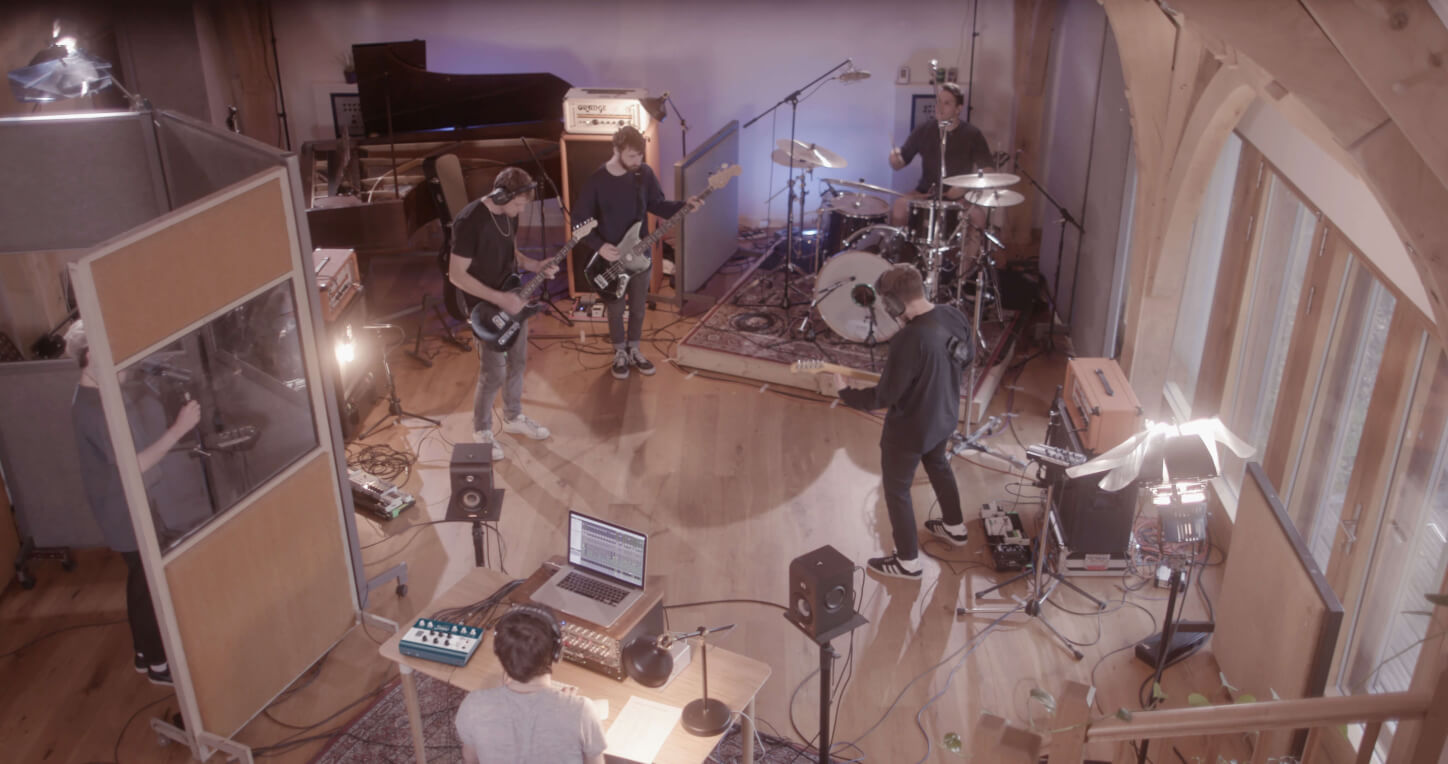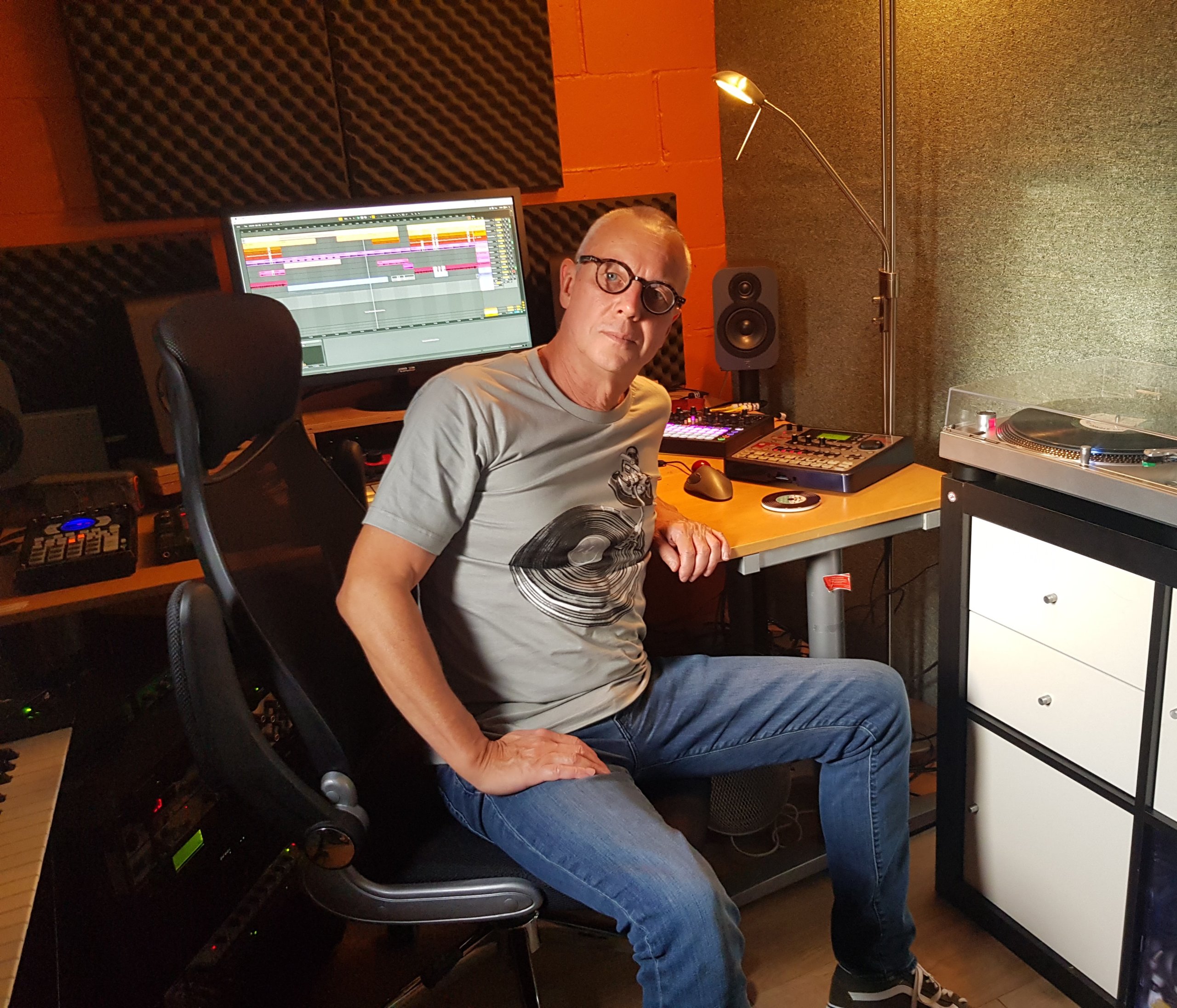Video
The Audient Mic Pre Experiment
Intro
The Audient console mic preamp has been found in products for over 20 years now, and we are proud to say that we have the same console mic pre in all of our current products. We decided to record sound examples using each of our products to allow you to experience the quality we have worked so hard to achieve from our smallest audio interface iD4, all the way up to our ASP8024 Heritage Edition Console. While no means a scientific test, it does give a good idea of the similarities between the different products. Download and compare all the audio we captured and read more about the recording process below!
Description
Recording
Mics and Placement
As described in the video we used three microphones to capture the samples:
AKG C414 XLS (in Cardioid)
Sennheiser MKH40
Shure SM57
Each were chosen for a specific reason. The SM57 was chosen because most people have experienced using them and it is often a first microphone, so having that as a reference was important to us. The AKG 414 was chosen because it is a commonly used microphone to record both a vocal and guitar source, and finally the MKH40 was chosen for its very flat frequency response, in theory allowing the character of the Audient mic pre to be heard without extra colouration.
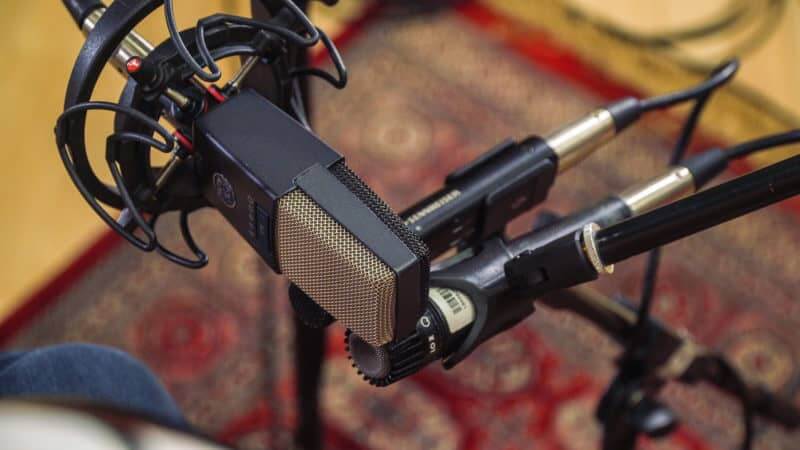
For both guitar and vocals, the mics were placed as close together as possible, lining up the diaphragms as best as possible to ensure the same distance between the source and mic. The mics for guitar were aimed between 12-14th Fret, about 8 inches from the guitar. For vocals, our performer Zach was about 6 inches away from the mics with a pop shield in between to reduce plosives.
Conscious efforts were made to try to keep the positioning consistent throughout, however due to the nature of the guitar being handheld and Zach not being physically fixed a certain distance from the microphone, there may be some small deviation in positioning.
SM57 Recording Issues
We had some issues with the SM57 recording resulting in a consistent high frequency noise across all the recordings (but most prominent in iD14, iD22 and iD44).
We think this was either a malfunction in the microphone, or potentially an electrical issue caused by some of the camera gear plugged into the same mains outlet as the one being used for the recording…
We did notice this at first and attempted to troubleshoot the issue, however in the interest of time and getting everything else done, we left it as is. So as to remain completely transparent with our process, we have decided to leave the SM57 samples in this sample pack unprocessed (other than simple fades and normalising).
The Recording Process
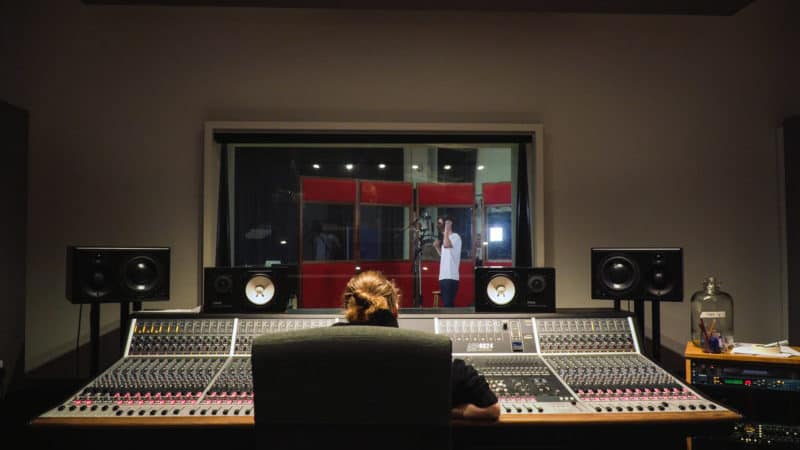
When recording we started with the ASP8024 Heritage Edition in the Visconti Studio control room, which was converted using the studio’s Apogee Symphony I/O MkII which has a very flat response (which you would hopefully expect from a £4000 box). so shouldn’t affect the character of the ASP8024-HE preamps.
For the other products we recorded with a laptop running logic in the live room, working our way up from the smallest interface iD4, up to the 8 channel preamps which were connected to iD44 via ADAT to bring the signal into Logic. We recorded 24bit/96kHz across the entire set of recordings.
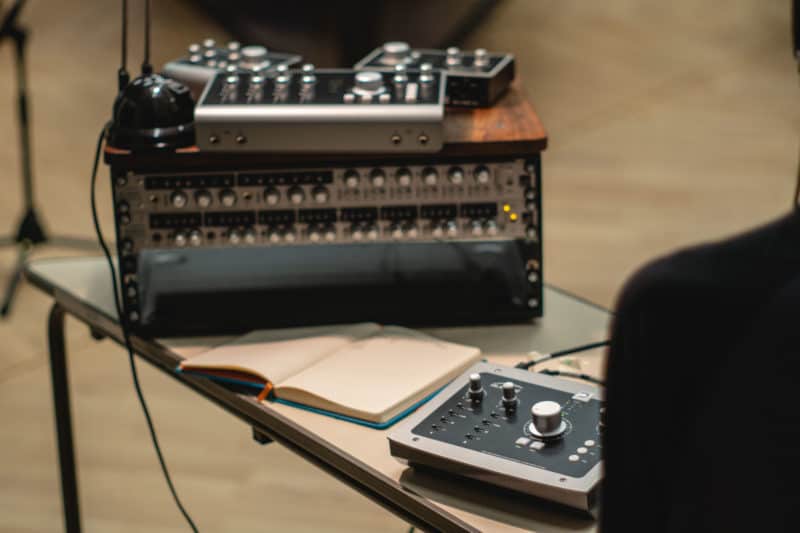
Where possible, we recorded the mics simultaneously, however with products such as iD4 we had to do individual takes for the different mics as there is only one mic pre on the unit. For each mic, we set the gain so that the peak signal level came in at roughly -10dB on the meters (a level we recommend to our product owners to optimise the converter performance).
Zach was monitoring himself through the iD interface’s low latency mixer application and was recording to a click, so on listening to these samples, you should be able to switch between them and it remains in time.
Processing (or lack thereof)
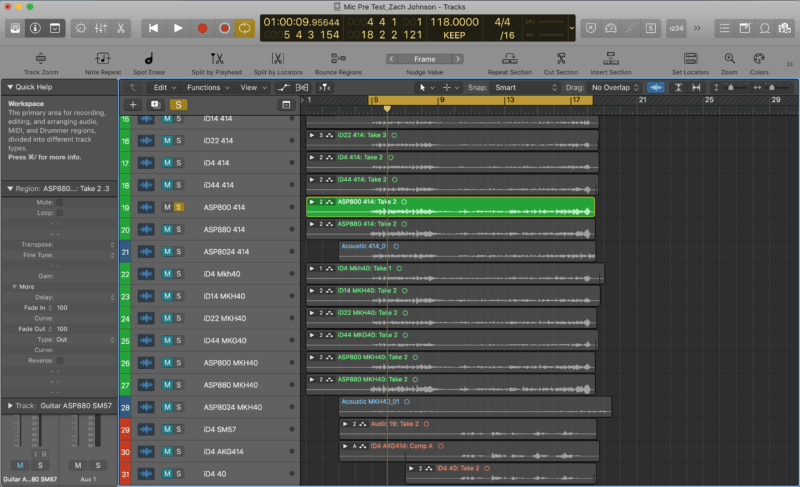
Each clip was edited down to size in Logic Pro X, with a short fade in and out during the silence on either side of the recording. A few of the clips were comped together from a few different takes, however used the same product and microphone. This only happened in 2 or 3 samples.
Once edited, the clips were normalised and bounced individually from Logic (still at 96kHz and 24 bit). No other processing of any kind has been applied to these clips (any reverb you here is the natural room ambience).
Download
Download Samples Now
Download (~250MB)
Our Products
-
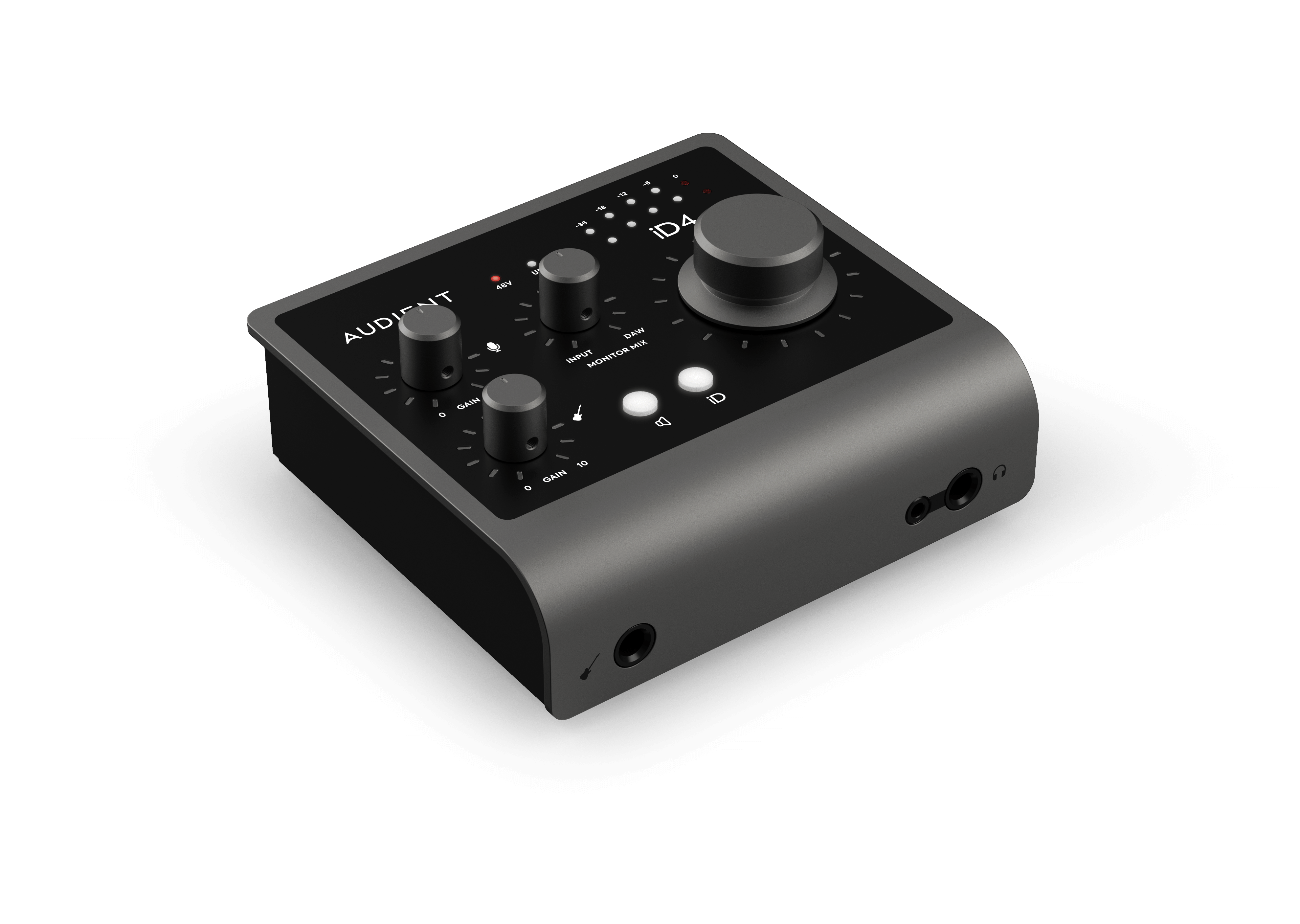
Interfaz de audio 2 entradas | 2 salidas
-
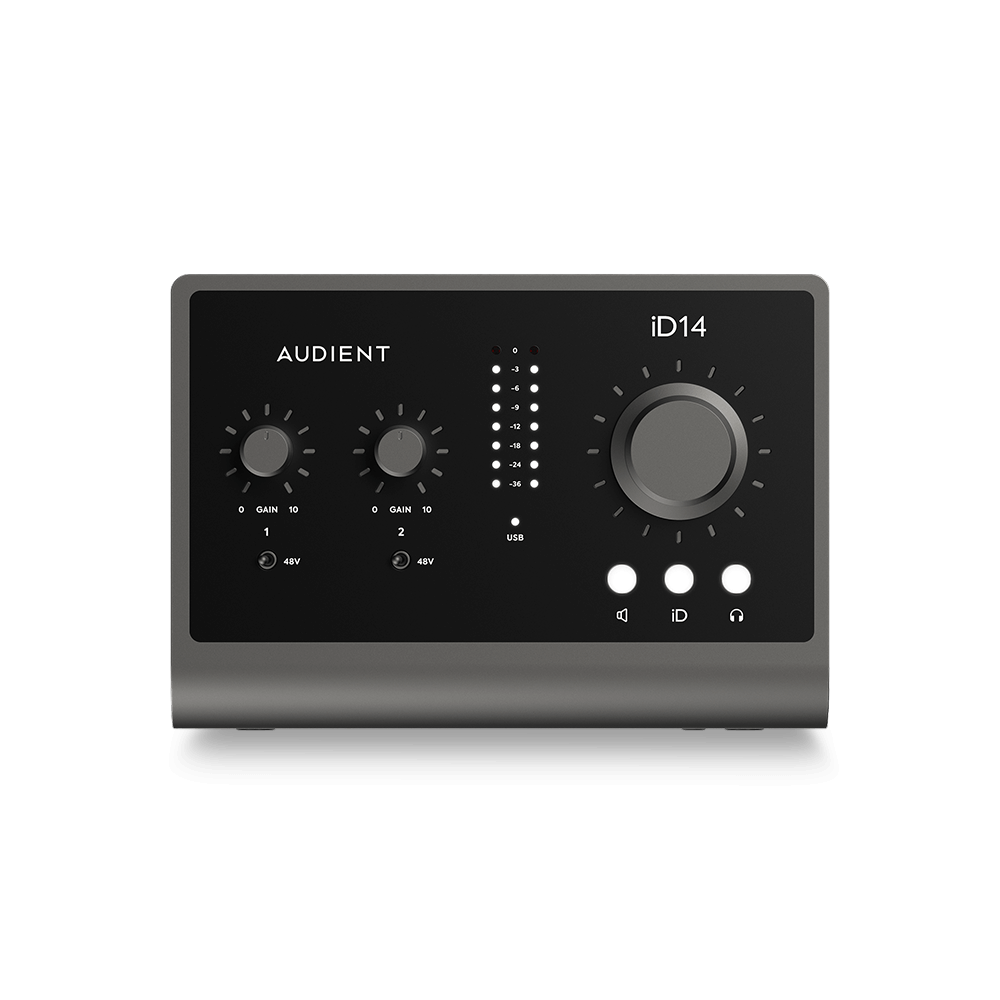
Interfaz de audio 10 entradas | 6 salidas
-
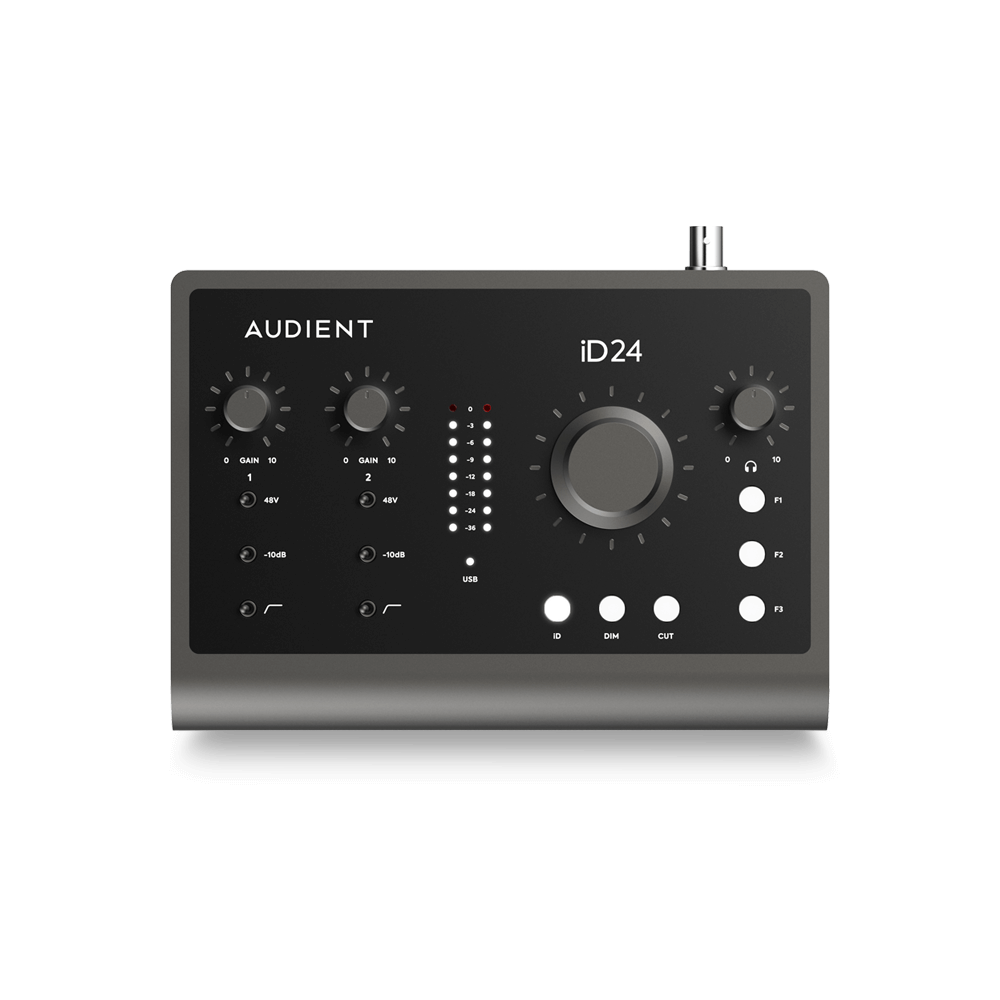
10in | 14out Audio Interface
-
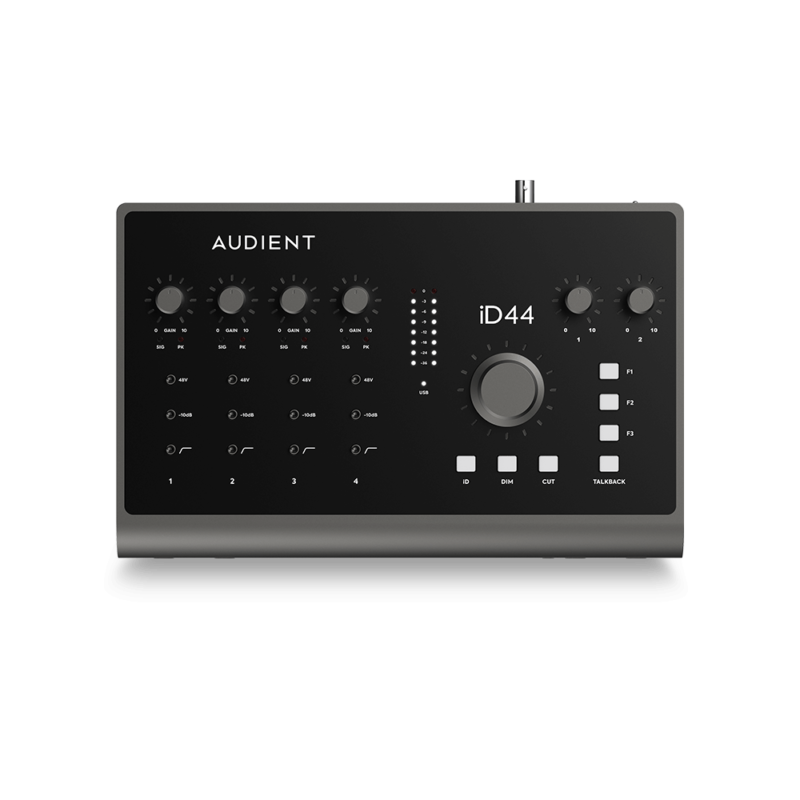
Interfaz de audio 20 entradas | 24 salidas
-
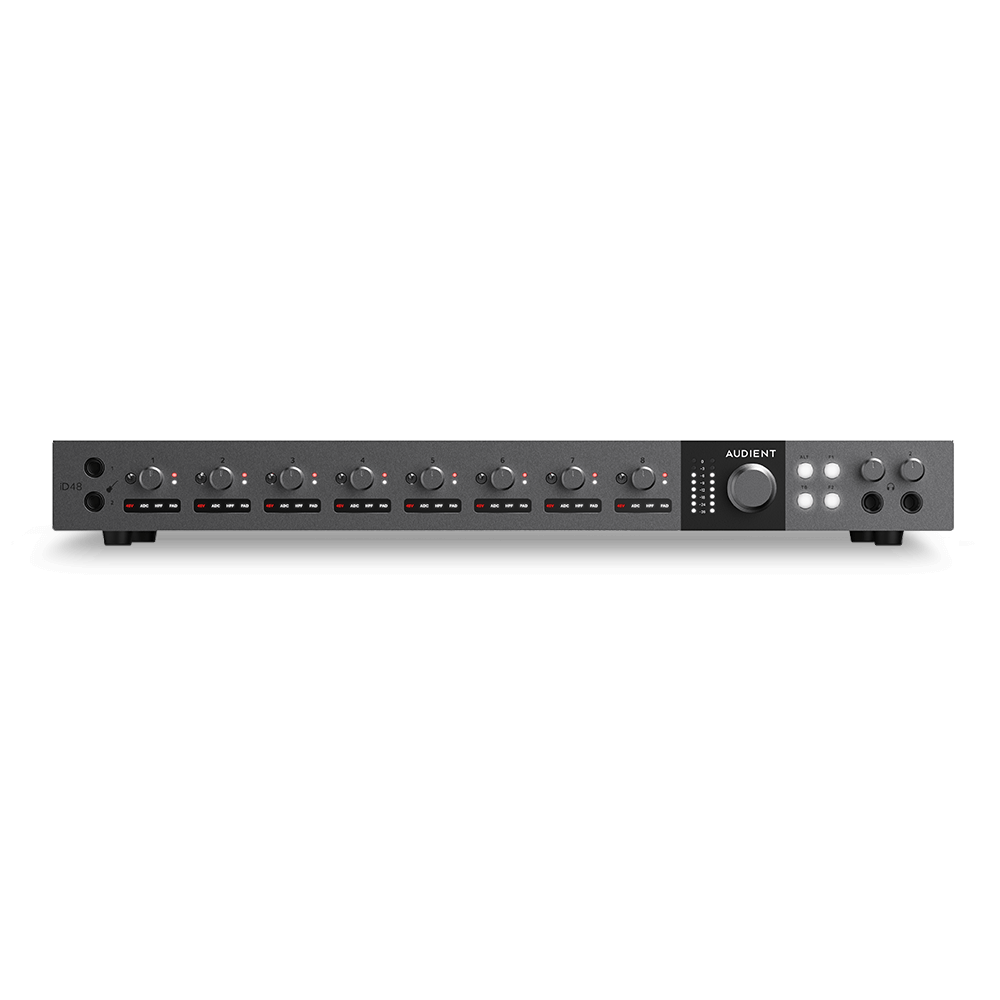
24in | 32out Audio Interface
-
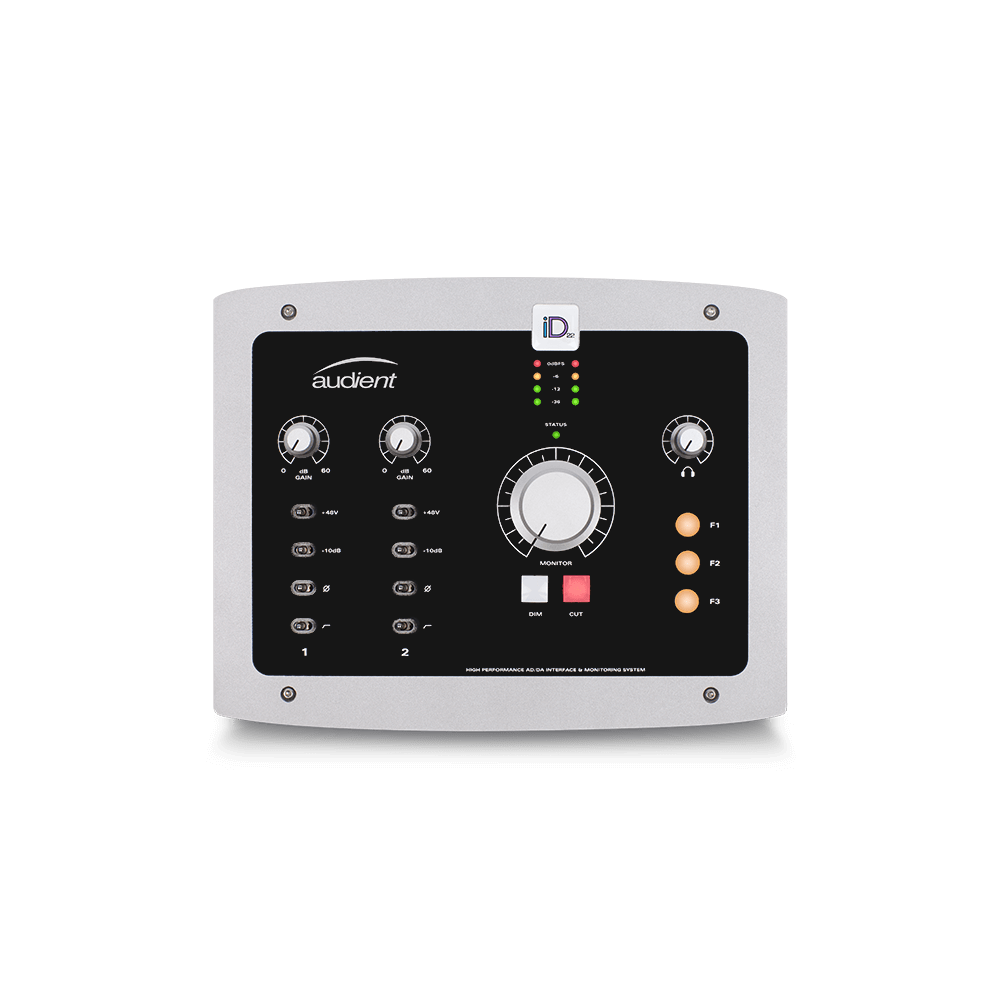
Interfaz de audio 10 entradas | 14 salidas
-
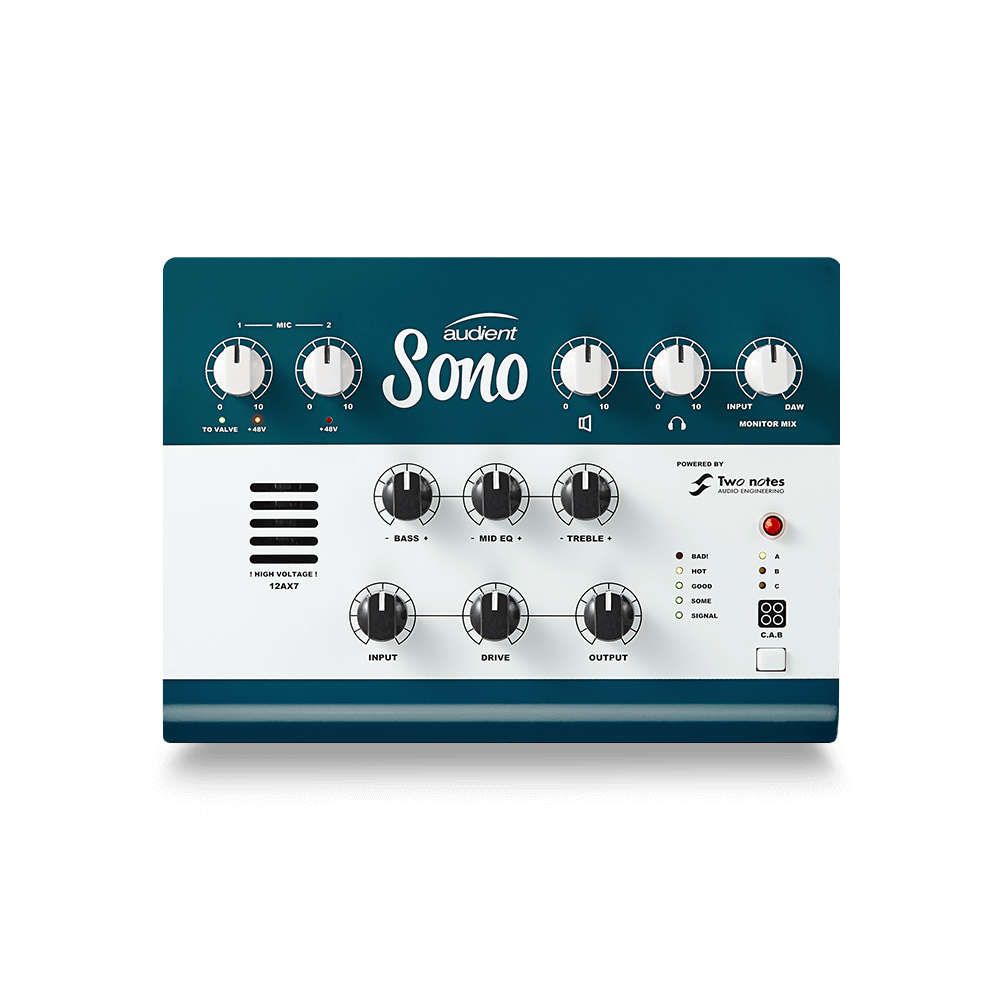
Interfaz de audio 10 entradas | 4 salidas
-
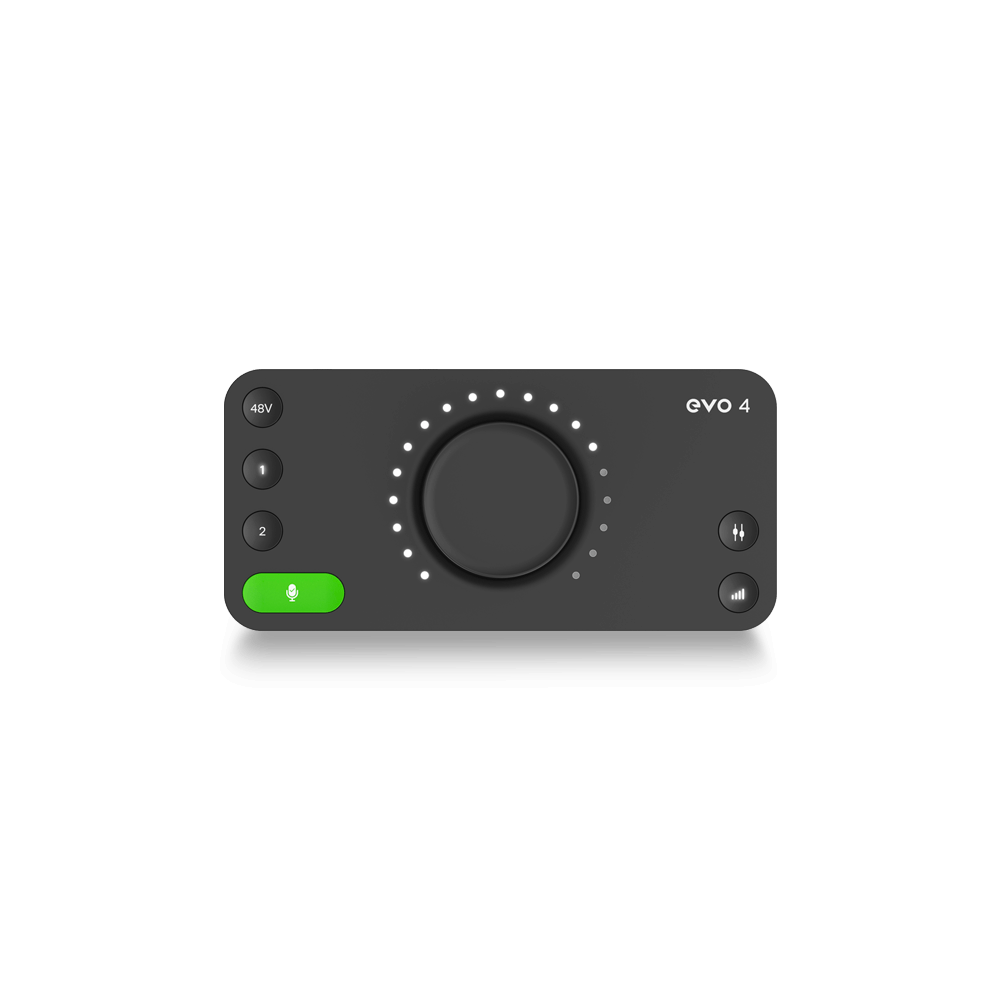
Interfaz de audio 2 entradas | 2 salidas
-
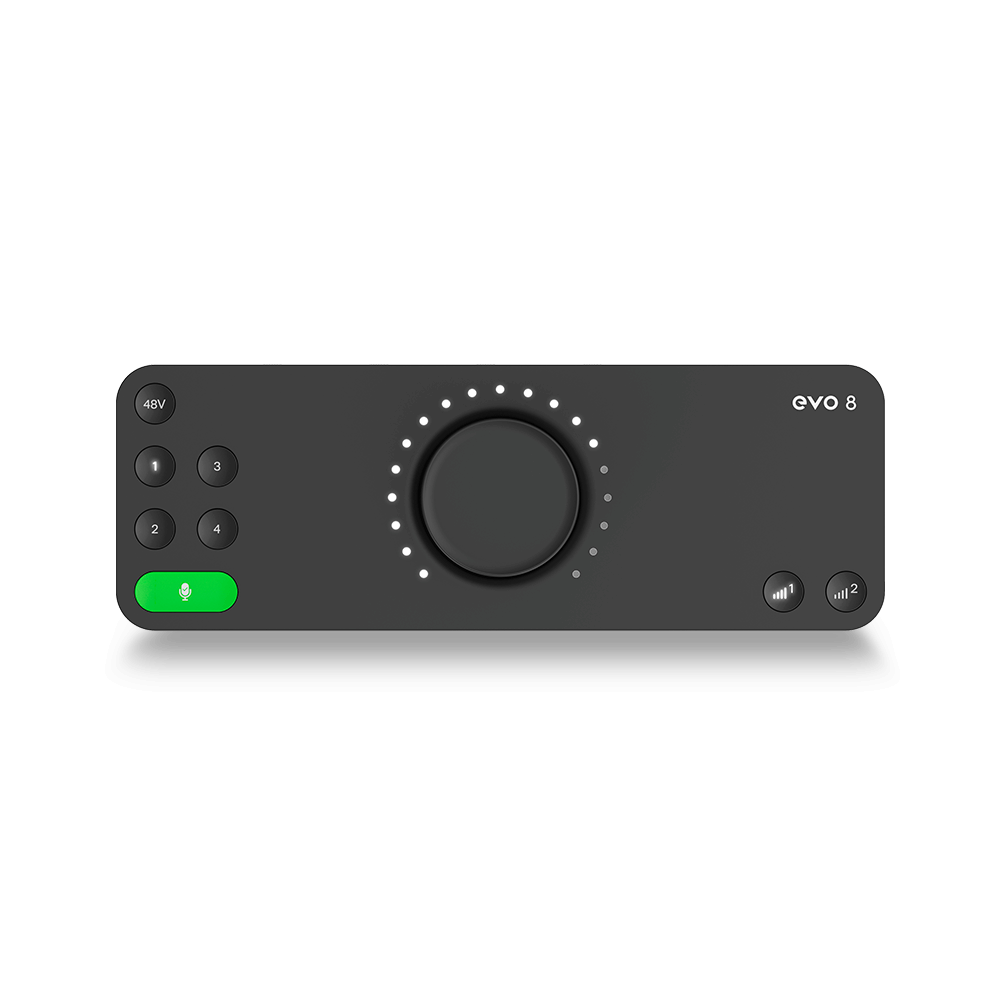
Interfaz de audio 4 entradas | 4 salidas
-
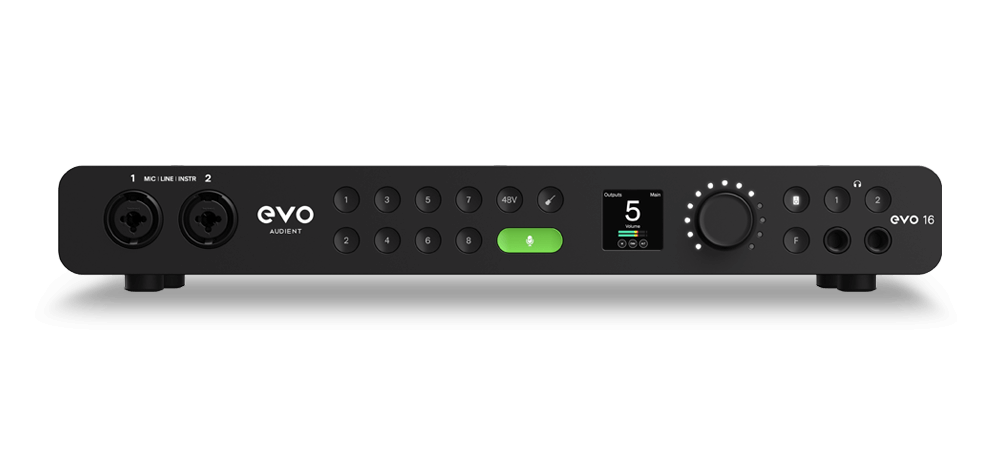
24in | 24out Audio Interface
-
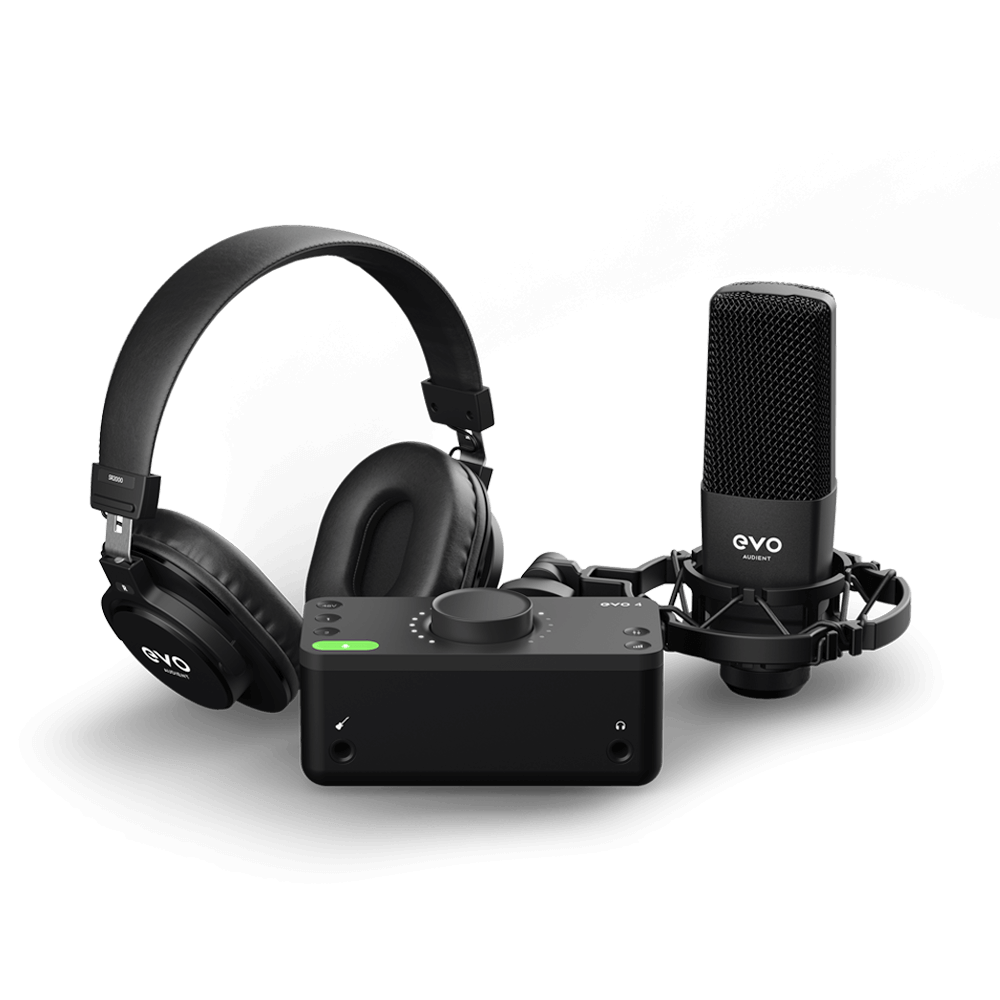
Todo lo que necesitas para empezar a grabar
-
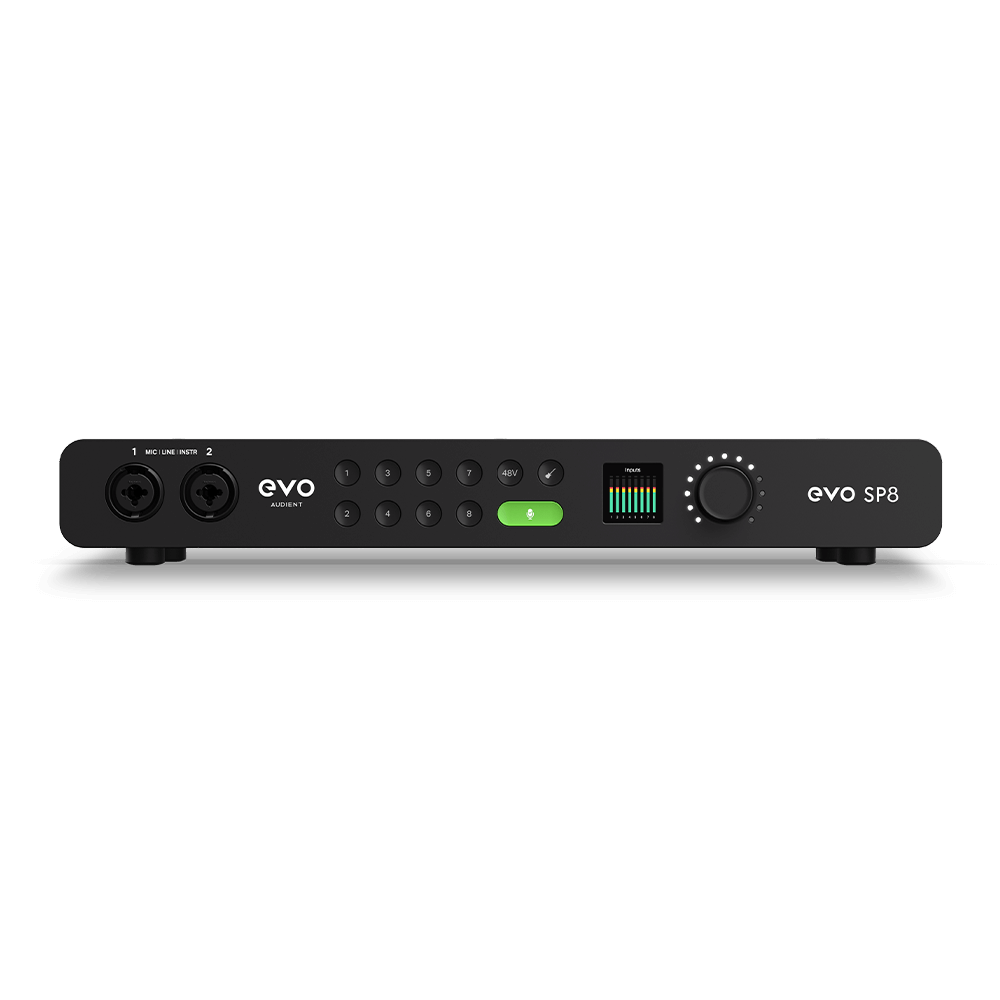
8 Channel Smart Preamp with AD/DA
-
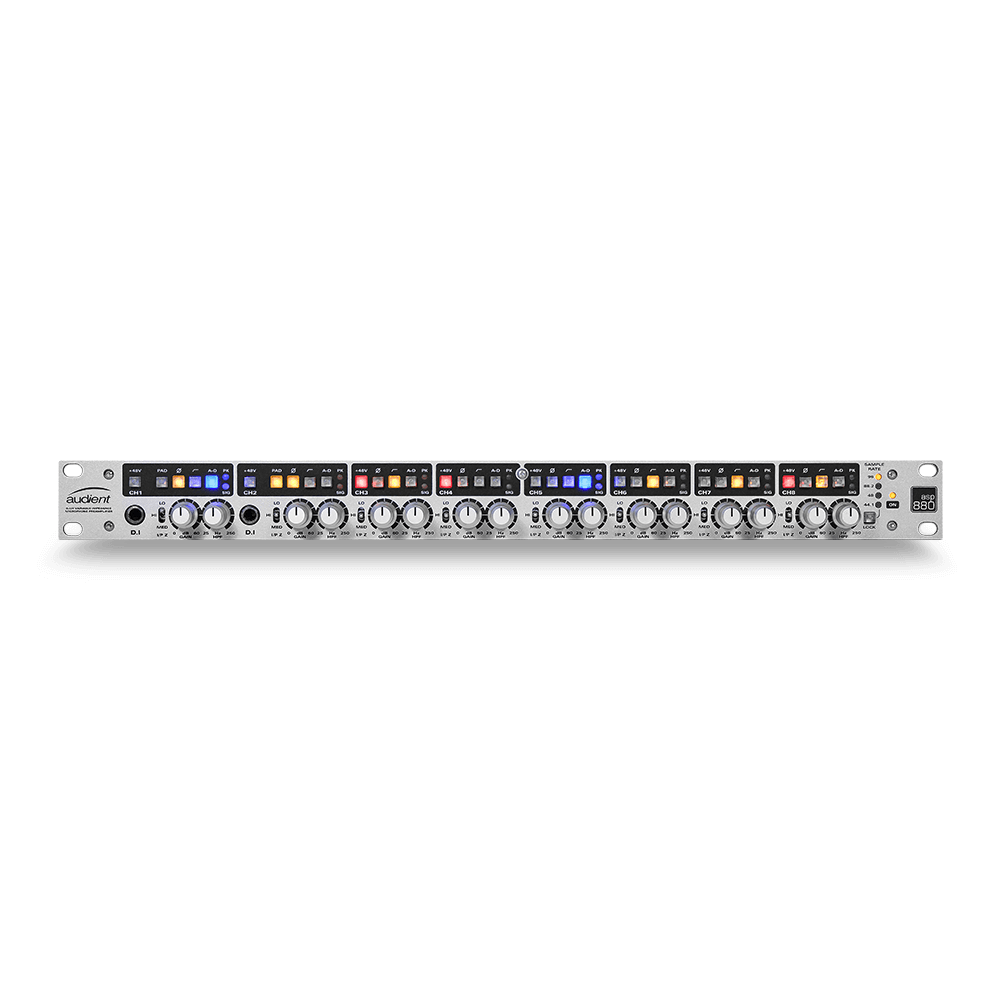
Previo de micro y ADC de 8 canales
-
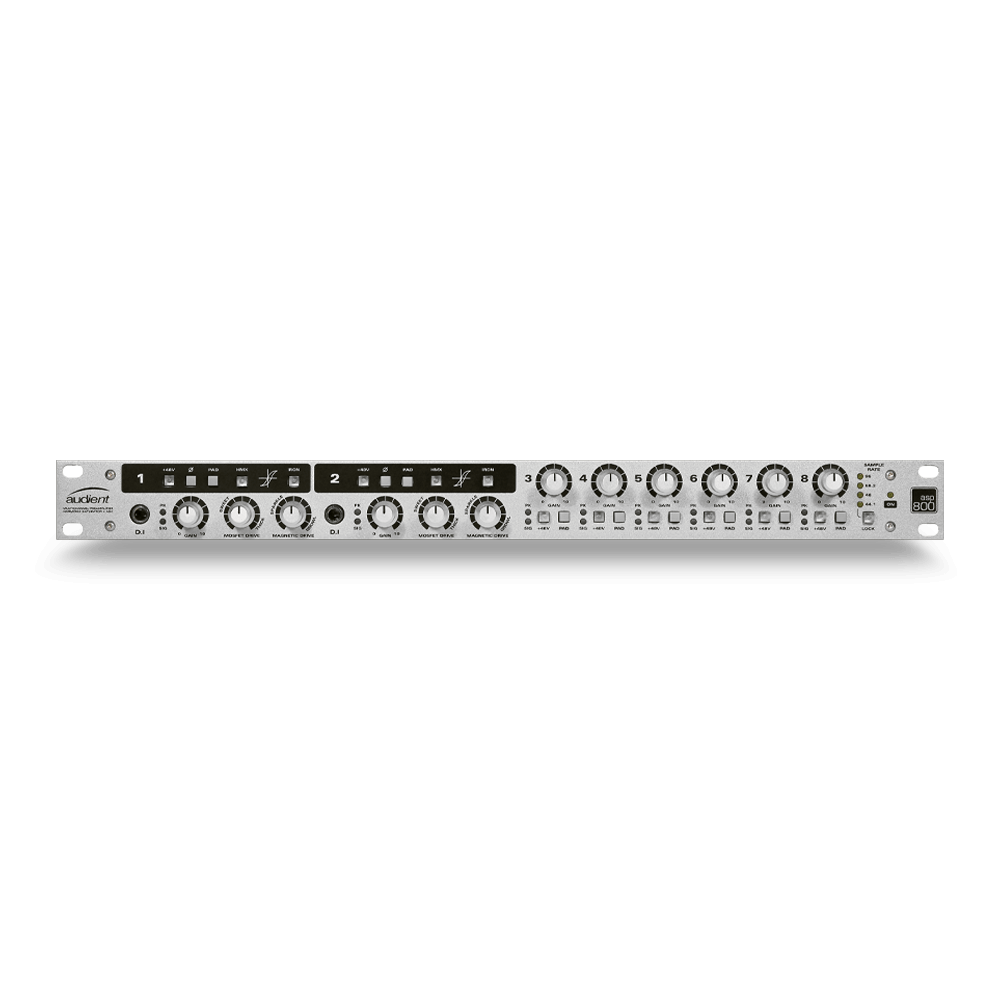
Previo de micro y control de tono de 8 canales
-
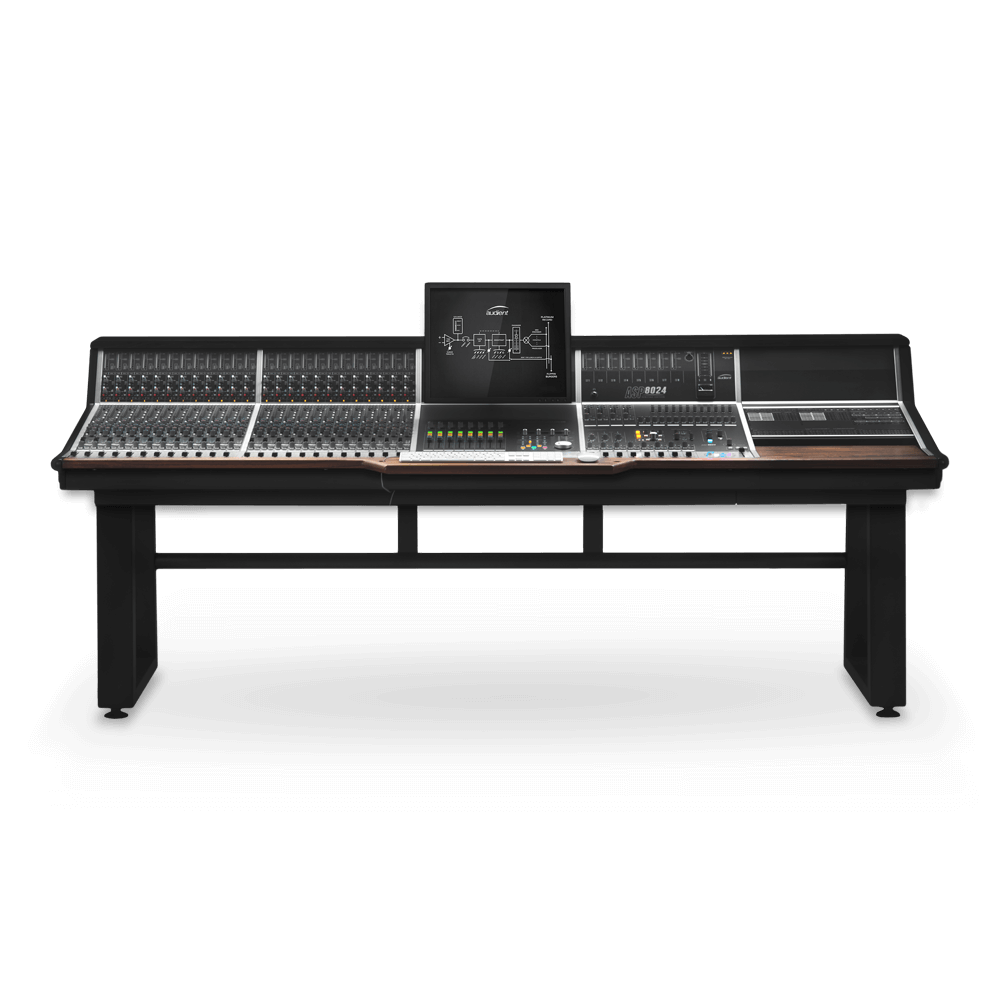
Consola de grabación analógica modular
-
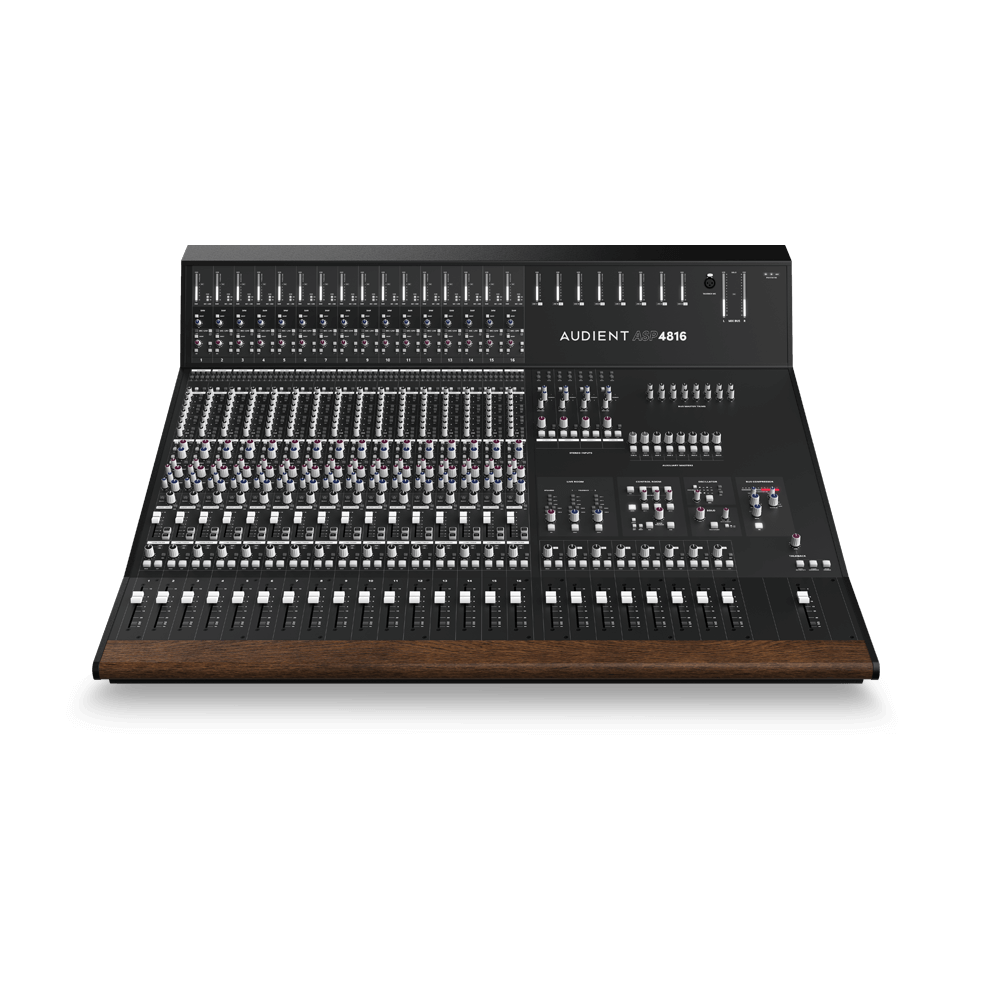
Small Format Analogue Recording Console
-
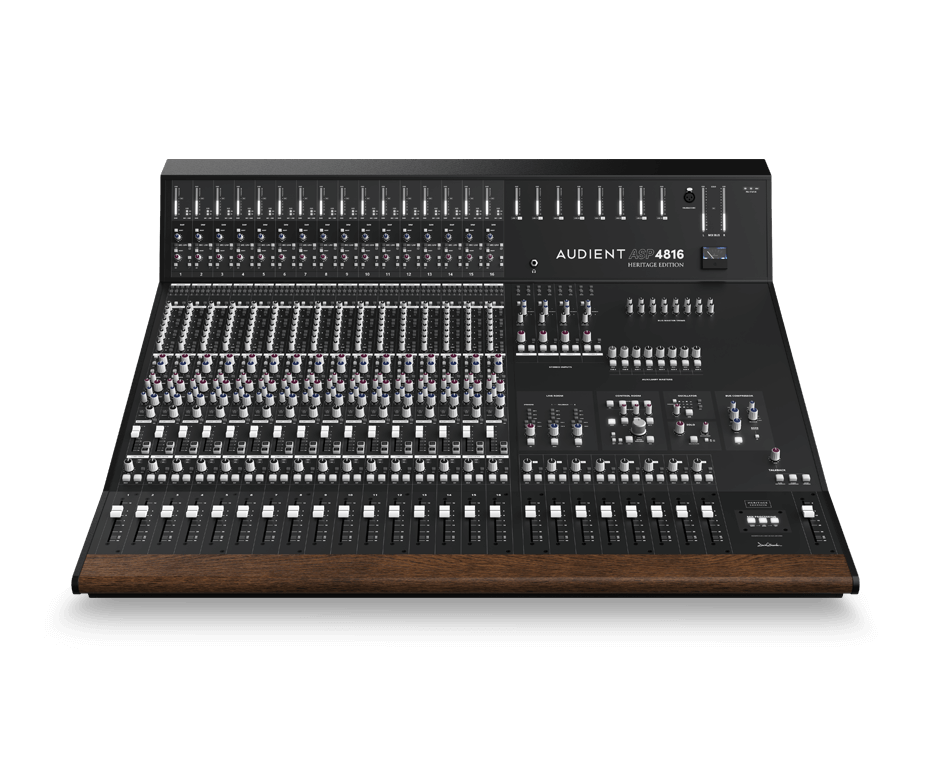
Small Format Analogue Recording Console
-
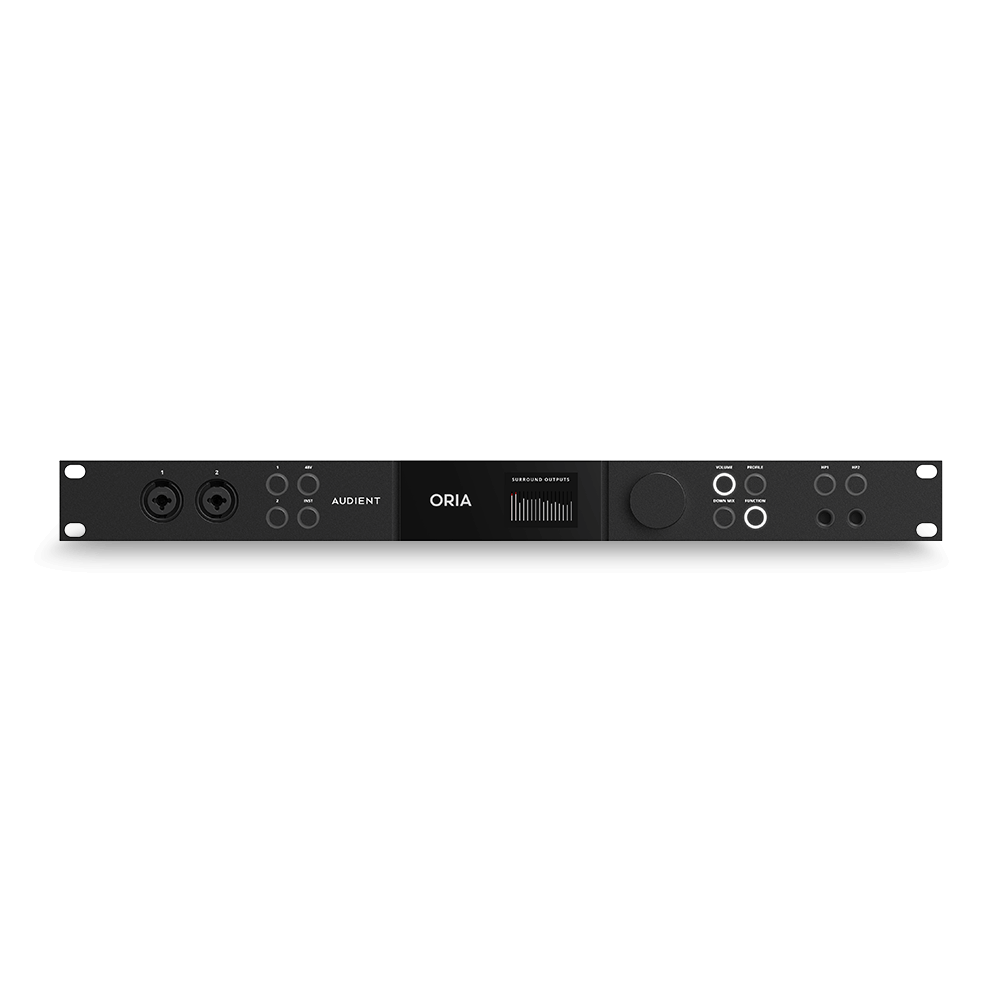
Immersive Audio Interface and Monitor Controller
-
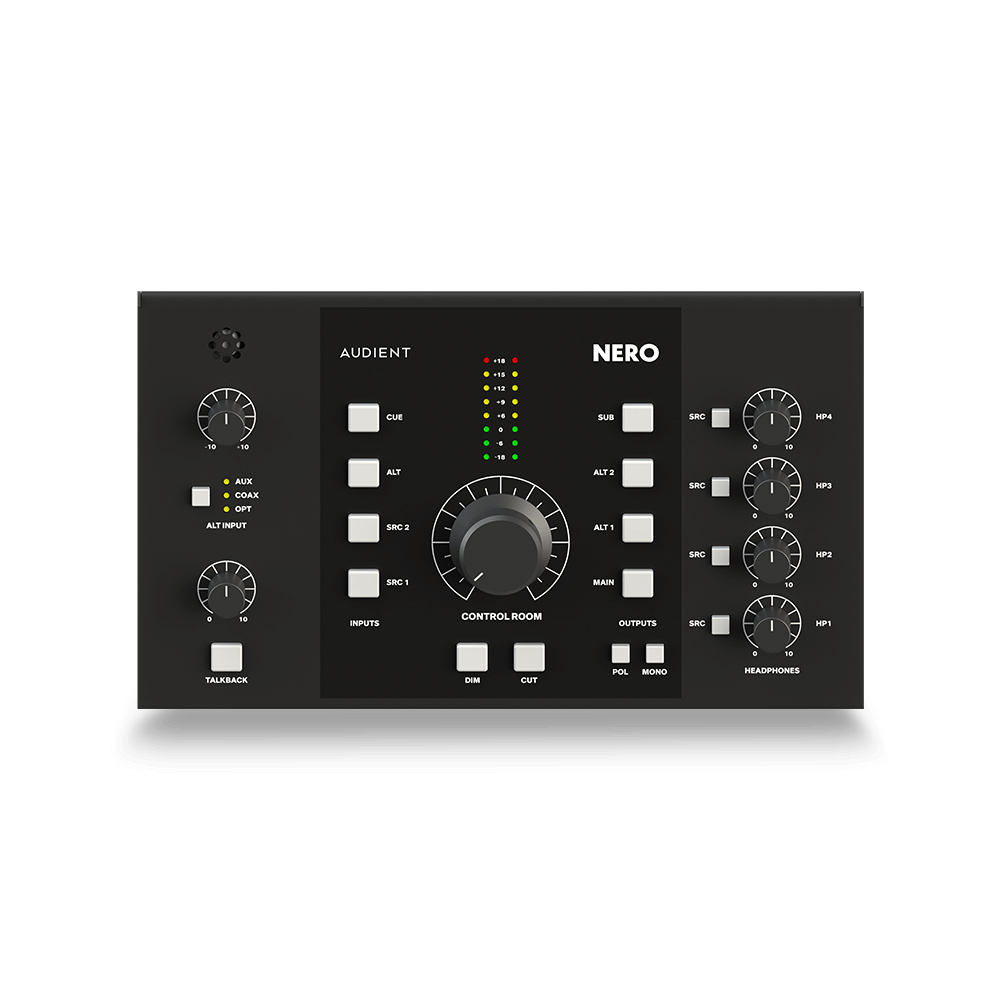
Controlador de sobremesa para monitores
-
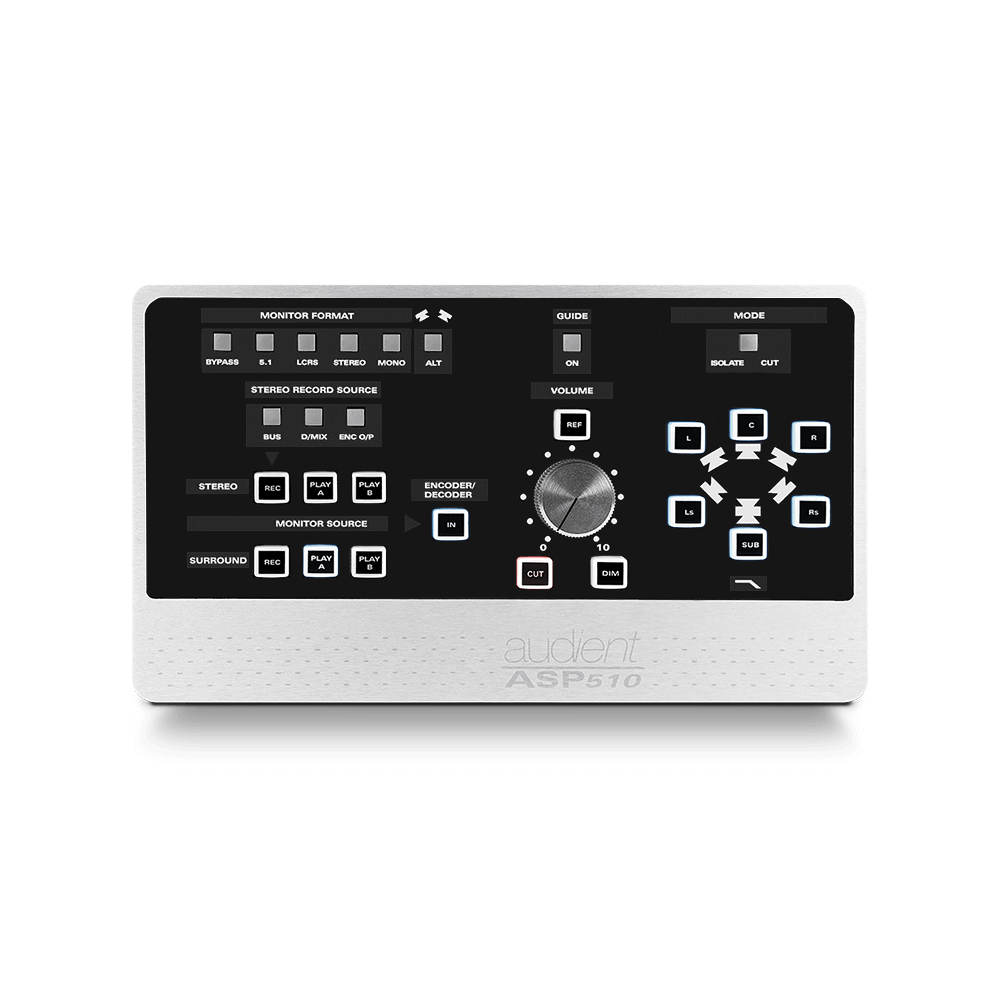
Controlador de monitores de sonido surround

